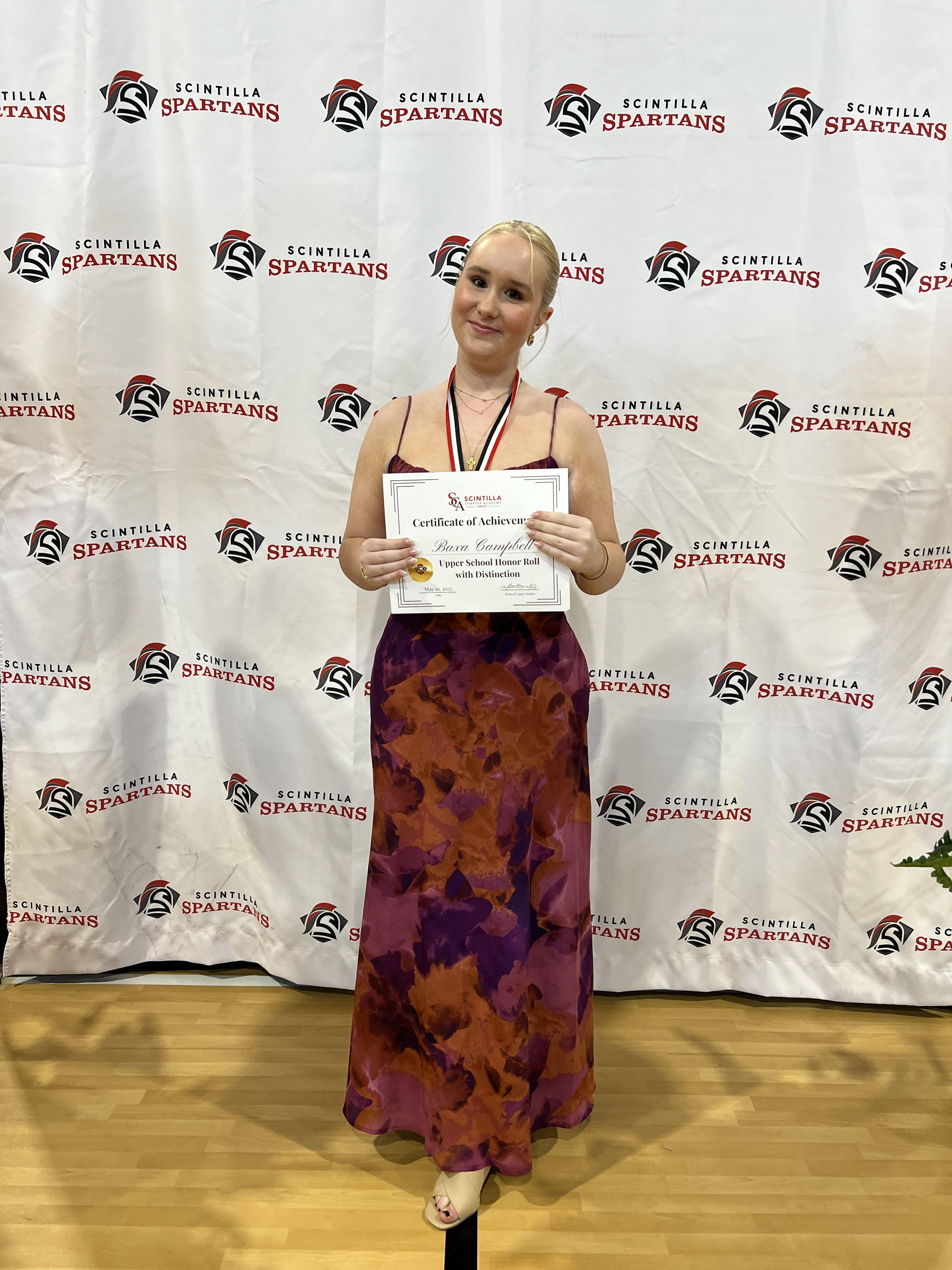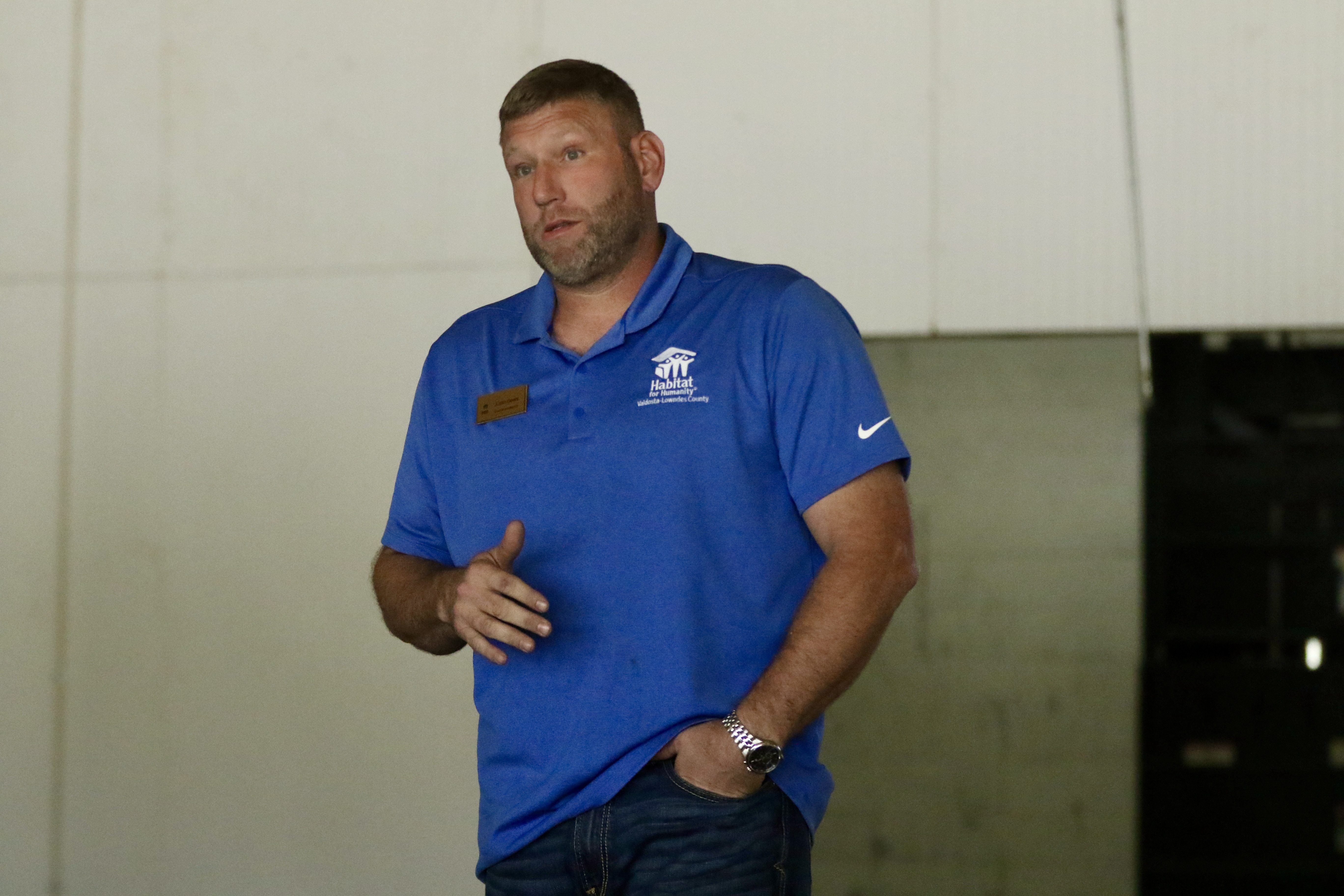‘In love with theater’: Northwest Whitfield High students grateful for one-act acclaim
Published 1:02 pm Tuesday, December 10, 2019

- Northwest Whitfield High School's one-act play, "A Midsummer Night's Dream," won the school's first region title in decades this fall before finishing runner-up at the state finals to Flowery Branch's "Drowsy Chaperone."
TUNNEL HILL, Ga. — For members of Northwest Whitfield High School’s drama department, this year’s one-act play, “A Midsummer Night’s Dream,” has truly been a dream, as the production earned the school its highest-ever finish (runner-up) at the state finals and Northwest’s first region title in more than 50 years.
Additionally, junior Bryson Burnette was named Best Actor in the state and senior Carlee Blankenship was named Best Actress in the state at the 4A One Act State Finals in early November. Juniors Israel Cooper and Parker Hargis were selected into the state All-Star cast.
Burnette’s first exposure to theater occurred in fourth grade, and “I really enjoyed it,” but athletics dominated his schedule until eighth grade, when he returned to the stage, and, since then, “I’ve been involved in everything,” he said. “I’m just eating it up.”
“It’s just what I do, and what I want to do,” he added. “It’s in my blood.”
Hargis tells a similar tale of early exposure to theater, then “playing every sport on the planet” before returning to drama in eighth grade, with “School of Rock.”
Though Hargis “performed my heart out” as Demetrius in “A Midsummer Night’s Dream,” he didn’t expect to attain All-Star status, he said. “I couldn’t believe it, because nothing like that ever happened to me before.”
Burnette played Nick Bottom, and it’s a role he coveted, in part because classmates had been telling him he’d be ideal for the character since they all watched a film version of “A Midsummer Night’s Dream” in ninth grade, he said with a laugh. With Bottom, “it’s the worst parts of my personality coming out.”
Others had suggested to Burnette he stood a strong chance to win Best Actor at state following his claiming of that moniker at region, but he was still surprised and humbled, so much so “my hands were literally shaking,” he said. “It just motivates me to keep going.”
Blankenship was completely stunned by her state honor, she said. “I had no inclination I would get it, and I thought it was a mistake.”
Like Burnette, Blankenship has some similarities with her character, Helena, who is “kind of a teen in love with a boy,” but she’s “more angsty than I am,” she said. “It was fun to get into that mindset of obsession.”
Though Blankenship jokes “I’ve been dramatic my whole life,” theater has “truly changed my life.”
“It’s evolved into something I didn’t know it would, and my confidence level has (soared),” she said. “I fell in love with theater.”
Under Josh Ruben, head of the school’s drama department, Northwest has always received acclaim in individual acting categories, but he’s checked records and spoken to other veteran coaches, and it’s “unprecedented” for any school to claim the state’s Best Actor and Actress trophies in the same year, he said. As for the production as a whole — taking first and second in region and state, respectively — “it’s the best we’ve done in my 12 years here, and I’m absolutely thrilled.”
Ruben reads various plays throughout the summer to narrow down possibilities, but he never reaches a decision until he sees his crop of actors for a given year, and he landed on “A Midsummer Night’s Dream” for several reasons, he said. “I love Shakespeare, (particularly) this play, and I have some very gifted actors with phenomenal improv skills.”
Rather than modernize language or content, “we went old school,” using Shakespearean dialogue and Renaissance-era attire, he said. Ruben also cut the play himself to fit it into Georgia High School Association one-act requirements.
Ruben keeps the one-act inclusive, so “if you audition, we’ll find a role for you in the show,” he said. The only condition is aspirants must be in his intermediate or advanced drama classes, “a practical matter so we can rehearse during the school day.”
Ruben schools all his charges in improvisation, because those abilities transfer even beyond theater, he said. “Those are applicable skills they can put right to use in the world socially and professionally.”
Theater has provided a unique education, said Kaylee Webb, who played Hippolyta, Queen of the Amazons. “I’ve learned more through theater than I ever could sitting in a classroom.”
Students “come out of their shells,” Ruben explained. Theater “helps with everything from literacy to team-building.”
Beth Hall, stage manager for “A Midsummer Night’s Dream,” said theater “makes you grow as a person.”
“A lot of us have grown up,” she said. “I’ve grown up.”
The turning point for this production of “A Midsummer Night’s Dream” came with the first public performance.
When an audience of their classmates at the high school responded with laughter to the humorous bits, the cast and crew knew they had a winner, Hargis said. “I thought we were going to get eaten alive, but after that (inaugural show), I knew we had a chance.”
The adulation has continued throughout the show’s run, especially after the state runner-up finish, Burnette said. “People I don’t even know, or haven’t talked to in years, have come up to me to say they saw it and loved it.”
Another critical moment came roughly three weeks into rehearsals, when Ruben stopped a scene and asked several actors if they even “knew what they were saying,” said Hanah McHan, who played Hermia. He then told them to drop their scripts and continue the scene “just talking to each other.”
They spoke in modern lingo and quickly grew animated, McHan said. He then asked them to bring that same “energy” to the rest of the play, but using Shakespearean language, and that advice “made every scene so much better.”
“We found our rhythm and made the show poetic,” added Taylor Witherow, who played Puck. “Everyone in the cast put their heart into it.”
Typically, Ruben advises against his students watching other portrayals of their characters, because that can lead to imitation or parody, but this time it was beneficial for catching the cadence of the language.
“YouTube was big for me,” Blankenship said. “I watched other actors do (Helena’s) monologues.”
Judges at region and state also praised the production’s use of dance, Ruben said. “I love dance, too, and I have a cadre of about six girls who have been in ballet since they were little, so we incorporated that into the show.”
They portrayed woods fairies and danced between scenes to Felix Mendelssohn’s “A Midsummer Night’s Dream,” he said. “They were integral to the story, and judges were blown away by them.”
Katie Forrester was one of the dancers and choreographed their routines.
“I always think there’s room for more dance in theater, but there was a (clear) bridge there this time,” because “A Midsummer Night’s Dream” is also a ballet, she said. “I teach and choreograph outside of school, and there are similarities between directing and choreographing, because it’s all staging.”
Everyone associated with the production believes the positive atmosphere among cast, crew and director is the primary reason for the show’s success.
“It’s the energy in here,” said Witherow. “We want to be here.”
All coaches and teachers try to instill work ethic, “but you really can’t,” Ruben said. “They have to decide to do it, and I was amazed how much this group took ownership of the material.”
Theater isn’t merely performance, but the esprit de corps that develops among all involved, said Cali McKeehan, who painted sets for this production, among other duties. “Everyone here wants to ease your spirit, and I’m glad I could be supportive behind the curtain.”
Everyone involved with “A Midsummer Night’s Dream” was “connected with each other,” Hall said. “We’re a family, and we’re really proud of everybody.”





